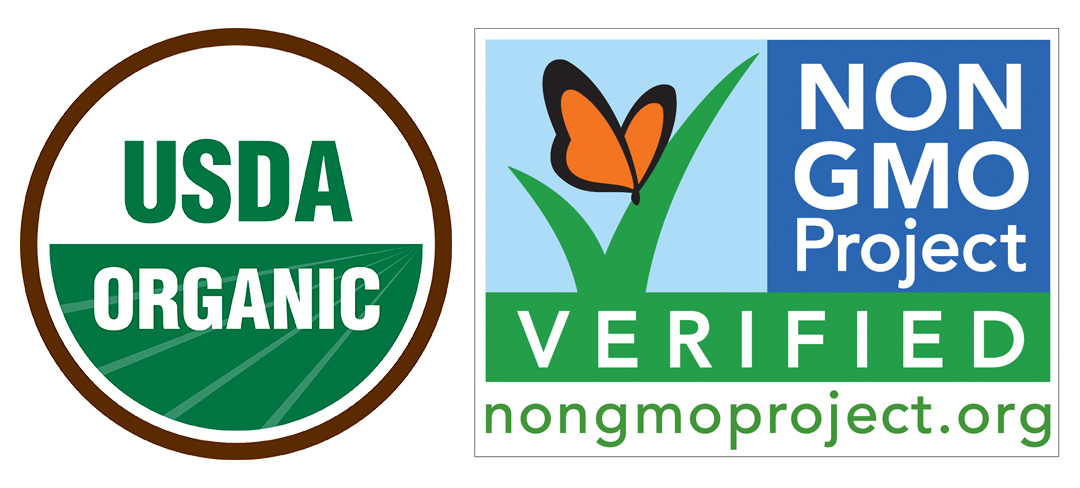 Have you gone grocery shopping lately? “Certified organic” or “100% Organic” or “USDA Organic” – have you seen these labels on food items you buy?
Have you gone grocery shopping lately? “Certified organic” or “100% Organic” or “USDA Organic” – have you seen these labels on food items you buy?
Well, that means that those items have either been grown organically or use ingredients that are all organic. But what does that mean?
Anyone living on a farm will tell you that farming is hard work. Depending on the types of farms, there may be land to be tilled and livestock to be fed. And everything depends on the “yield,” which is basically the harvest.
If there is some disease or if the soil condition is not so good, the whole season might be wasted. Farmers use a variety of methods to protect themselves against such losses and to have a good harvest – this includes using pesticides to control crop-destroying pests or fertilizers to improve the nutrients in the soil.
What is Organic?
 Lately, there has been a demand among consumers for “organic” food products. This demand has grown to be worth almost $55 billion.
Lately, there has been a demand among consumers for “organic” food products. This demand has grown to be worth almost $55 billion.
Imagine a farm where no manufactured fertilizers, pesticides, or herbicides are used. No hormones fed to livestock, no additives, nothing modified genetically. What do you have? An organic farm.
Organic farms rely on natural methods of pest control and soil improvement. They use green manure, compost, and crop rotation. And what does all this mean? Green manure is a cover crop. Usually, clover or vetch makes the soil rich in nitrogen. It is planted for a short period and then plowed and mixed into the soil. This nourishes the soil in time for the next crop.
Crop rotation means planting different types of crops in consecutive seasons or alternating crops that have deep root systems and shallow root systems. And why is this important? This improves the fertility of the soil and how loose or tightly it is bound together. This impacts how well a seed grows.
What is not Organic?
What does an organic farm not use? Well, to be able to be certified organic under, say, USDA (US Department of Agriculture), farms have to follow certain rules.
These farms cannot use conventional fertilizers, sewage or sludge-based fertilizers, or petroleum-based fertilizers. Only if a farm meets these standards can its products be certified “organic.”
Well, if you think of it, it is going back to basics. Our ancestors, before the Industrial Revolution, farmed exactly like this. So “organic” is really very similar to how agriculture was done in ancient times. It is gaining popularity because it is environment-friendly (does not leach chemicals into the water, for example) and it is healthy (natural).
Cooperative marketing
Most organic farms tend to be small. These small farms band together to form cooperatives so that they can effectively market their products. In the US, one such cooperative is Organic Valley, Inc. Labeling organic produce is also tightly regulated. Only if all the ingredients are organic can you claim “100% organic” on the label. And only if your product is 100% or 95% organic, can you put the “USDA Organic” seal on it.
Next time you go shopping, if you see these labels, you’ll know what they mean!






